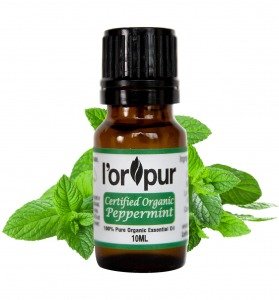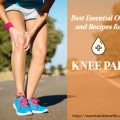
So you’ve finally decided to quit all the grunting and seek professional advice huh?
You know, missing your bowel movements for over three days in a row was probably the first sign that you should’ve come sooner. I mean, all you needed was a few seconds on your phone; I’m sure you must have had a lot of free time on that there ceramic poop bowl. But it’s okay, at least you’re here now, and there’s nothing we can’t fix. Who am I? Damn glad you asked.
I’m the guy whose stools were so damn hard and lumpy for years that I thought it was normal. I’m the poor sap who would freak out when something disrupted my usual routine of one massive dump per week. But once I figured out what I was doing wrong, I was able to address the root cause of my constipation. Today, I’m pleased to say that I drop regular, normal consistency deuces every morning – and I don’t need that support bar in my bathroom anymore.
In this segment, we’ll be looking at what exactly constipation is and what its causes and risk factors are. I’ll also share with you some treatments and effective remedies that should help relieve your loo woes. Alright, enough with the hold up (pun intended), it’s time to get things flowing (can’t stop me), with Olivia’s mother of all guides to everything you need to know about constipation.
What Is Constipation?
Constipation is a common condition that makes bowel movements infrequent and much harder to pass. While the normal interval between movements usually varies from person to person, the standard frequency in adults is anywhere between three per day and four times a week. (Babies tend to have three to four bowel movements a day). Going longer than three days without passing stool is usually too long and causes the feces to become dry and tough. Why? You just know all the right questions to ask, don’t you?
Well, your body is constantly reabsorbing water and nutrients from food even as it makes its way through the colon. So the longer and slower the food waste moves through the colon, the more water and nutrients get absorbed. As a result, the feces become drier, harder, lumpier, and unusually larger due to backing up for days. What, it’s not like you’re going to stop eating, are you?
After a while, defecation can become extremely painful and altogether impossible in some cases. The severity of constipation also varies from person to person. Most people will only experience the symptoms for a short while. But for others, constipation is a long term and chronic condition that not only causes substantial pain and discomfort, but also affects your quality of life in a big way.
Signs And Symptoms Of Constipation
- Infrequent bowel movements
- Lower abdominal discomfort
- Trouble defecating or straining to go
- A sense of incomplete evacuation even after going immediately
- Swollen abdomen and bloating
- Extremely hard and lumpy stools
More serious symptoms and complications of chronic constipation could include:
- Stool impaction – feces become too large to pass normally
- Rectal bleeding
- Anal fissures – tears around the anus
- Hemorrhoids
- Sudden weight loss
- Rectal prolapse – when a piece of your intestine comes out of the anus from too much straining
Causes Of Constipation
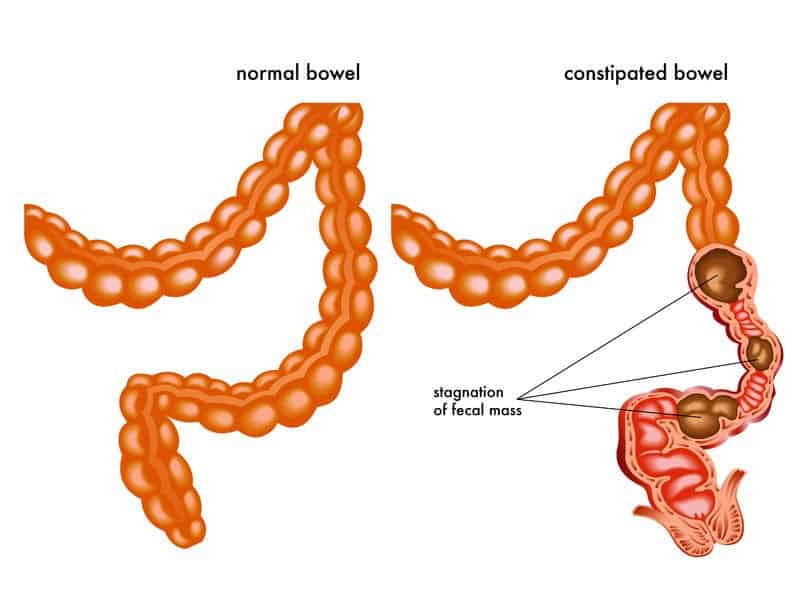
The causes of constipation can be divided into primary, secondary, and congenial. It can also be divided into the various age groups such as children and adults. For children, a number of diseases can cause constipation. The most common cause in children is Hirschsprung’s disease and congenital structural anomalies such as imperforate anus, anterior displacement, strictures and small colon syndrome. Let’s look at all the other causes.
a) Psychological and Habitual Causes
As you’re well aware, bowel movements are under voluntary control. This means that the normal urge to defecate can be suppressed when you want to. Voluntarily withholding stool is one of the most common causes of constipation in both children and adults. For kids, the choice to withhold can be as a result of fear, uncertainty or laziness. But for adults, factors such as being too busy or unavailability of a restroom can cause withholding which if done too frequently will result in constipation.
b) Diet
Sometimes, constipation can be caused by the kind of diet you take. A low fiber diet, fasting, low liquid intake or other issues can all contribute to constipation. Dietary fiber helps increase stool bulk and decrease colonic transportation time while still softening the stool. Eating high-fiber foods such as fruits, vegetable, and whole grains can help ease constipation.
c) Physical Inactivity
Constipation can occur if you become too physically inactive, especially in the case of the elderly. For people who get bedridden for long periods, the risk of constipation is substantially increased. Medical experts are unsure why, but it might have something to do with slower metabolism. See, physical activity keeps the metabolism high which in turn speeds up normal body processes. Therefore, physical inactivity can be linked to constipation and other health issues.
d) Medications
Its definitely no surprise that most medications and pharmaceuticals come with constipation as a side effect. These include opioids, antidepressants, diuretics, antispasmodics, antihistamines, anticonvulsants, antispasmodics, antidiarrheals, antiarrhythmics, aluminum antacids and some receptor antagonists.
e) Medical Conditions
Several diseases, conditions, metabolic and endocrine issues could all lead to constipation. These include hypercalcemia, porphyria, hypothyroidism, diabetes mellitus, cystic fibrosis, celiac disease, systemic sclerosis, lupus and chronic kidney disease. Similarly, neurological orders such as Parkinson’s disease, spinal injuries, stroke, pelvic floor dysfunction, and chronic intestinal obstruction could all lead to constipation.
Other Causes Of Constipation Could Include:
- Pregnancy
- Stress and anxiety
- Overuse of laxatives
- Eating disorders
- Irritable bowel syndrome
- Plenty of dairy products
- Aging
Prevention, Treatment And Remedies For Constipation

In most cases, constipation tends to resolve itself without any treatment or significant health risks. However, it’s easier to prevent constipation than to literally struggle trying to treat it. So before we get to the barrage of treatments, let’s start with the preventative measures.
A. Preventing Constipation
Some of the steps you can take to prevent all out constipation include:
- Adding more fiber to your diet – 30 or more grams every day of fiber should help pack up the movements really well
- Drinking about 8 to 10 glasses of water everyday can also help you stay hydrated, so your body won’t have to search for moisture from waste
- Never wait; If you feel like you have to go, then do it immediately to avoid stool build up
- Beware of certain medicines that can slow your digestive system
- Cut back on cookies, most dairy products, bananas, red meat and fried food
B. Constipation Treatments
When it comes to treating constipation, here are several principles that should be used in the approach. The first principle calls for differentiating between recent and chronic constipation. With recent onset, the treatments should be much easier. But if it’s chronic constipation, then the second principle calls for starting treatments that have the least potential for harm as early as possible. The final principle calls for identifying the root cause of your constipation and treating it instead. Let’s look at some of the common treatments for constipation. And remember; the goal of treating constipation is not to have daily bowel movements, but at least one every couple of days and without difficulty.
I.: Fiber Supplements
Soluble dietary fiber supplements like psyllium are typically considered the first line of treatment for chronic and severe constipation. That’s because while fruits and vegetables offer some fiber, the amount of veggies required to provide sufficient fiber might be inconvenient for most. However, the supplements come with side effects such as flatulence, bloating, gas, diarrhea, and malabsorption of certain nutrients.
II: Laxatives and Stool Softeners
Laxatives and stool softeners also come in very handy, especially for relieving cases of sudden constipation. There are plenty of different laxatives to choose from such as emollients which contain wetting agents that improve the ability of water to mix with fecal matter or lubricant laxatives that contain emulsions which coat the intestines and stool with oil for softer stools.
III: Physical Intervention
If you’re still constipated even after trying the above measures, it could be because the fecal matter has gotten too large or too dry to pass normally. In this case, physical interventions such as manual disimpaction might be required. Simply put, it involves physically removing the impacted stool with your fingers and hands. Not pretty, but you gotta do what you gotta do to survive.
IV: Surgery
For some cases of chronic, severe, or problematic constipation where the person’s life and health are at substantial risk, surgical intervention might be the only solution. Procedures such as Sacral nerve stimulation and Colectomies where most of the colon is removed. But as you would expect from such major operations, side effects can include post surgical infections, minor bowel obstruction, and considerable abdominal pain.
V: Essential Oils
There’s something about oils and constipation that just sounds so right. When things are looking tough, dry, massive and impossible, sometimes all we need is a little oil to smooth things right along. But not just any old oils, nope. We are after all humans and not internal combustion engines. Nothing but the best essential oils for our bodies will do.
Essential oils are packed to the brim with an amazing array of medicinal properties which offer the most natural way for treating constipation. Not only do they directly help lubricate the digestive system, but they also ease and alleviate most of the symptoms, pain, and discomfort associated with constipation. But that’s not all; their healing properties improve the overall health of your gut while their therapeutic qualities help put your mind and body at ease. I’ve rounded up some of the best essential oils for the job as well as grandma’s age old recipes for constipation.
Best 8 Essential Oils For Constipation

1. Ginger Essential Oil
Introducing one of the most widely known natural solutions for easing gastrointestinal issues and promoting better digestion, Ginger essential oil is an excellent candidate for treating the symptoms of constipation. It has already been in use for thousands of years and has even managed to garner the name constipation oil. Due to its antispasmodic, analgesic and anti-inflammatory properties, Ginger essential oil relaxes irritated intestines, soothes inflamed guts and allows for the release of excess gases and tension in the bowels.
2. Blackpepper Essential Oil
Bet you didn’t think there would come a day when you would be using black pepper oil, did you? The good news is that the oil is not as hot as the peppers themselves. Widely known for its anti-inflammatory and stimulating properties, black pepper EO helps in kick starting a slow digestive process and preventing excessive build up of feces and gas in your colon. What’s more, the presence of monoterpene in this oil allows it to calm the nervous system.
3. Fennel Essential Oil
For thousands of years, Fennel has been accepted in kitchens worldwide as an unbeatable spice and seasoning. However, it turns out that it’s also quite the digestive aid. Fennel essential oil can be used to relieve some of the symptoms for both acute and chronic cases of constipation without any side effects whatsoever.
4. Turmeric Essential Oil
You guessed it; it’s all about the digestives today. What, you didn’t think that the only thing spices do is to make your food taste nice, now did you? Practically all the spices and seasonings out there have some sort of benefit to your digestive system. Turmeric essential oil is especially high in antioxidants which allow it to stimulate the metabolic and digestive systems. Even a small dash of the oil can help optimize digestion, rebalance gastrointestinal bacteria, improve nutrient intake and gradually treat constipation.
5. Peppermint Essential Oil
Considered by many as one of the leading EOs for constipation, peppermint essential oil is packed with antispasmodic, analgesic, antiseptic, sedative and antibacterial properties that all work together to offer relief for constipation. In addition to relaxing and calming your overly abused rectal and digestive muscles, peppermint also relieves abdominal pain associated with constipation. But that’s not even the best part; the presence of menthol makes peppermint hands down the best oil for aromatherapy. This can be very significant for relieving stress and anxiety while also putting your mind at ease.
6. Rosemary Essential Oil
Say what you will about the cost of this oil, but it is one of the globally renowned remedies for a variety of gastrointestinal issues as the majority of Europe will attest. Thanks to its stimulating characteristics, Rosemary essential oil has been found to improve blood circulation to the gut which helps increase peristaltic motion and guarantee normal function of the digestive muscles. Not only does this promote waste elimination, but it prevents any further buildup of excrement in your colon.
7. Lemon Essential Oil
I know I’ve already said that all the above EOs are the best for constipation, but lemon essential oil really is one of the most recommended oils for bowel movement problems. But then again, what did you expect in a list of the best essential oils for constipation? Boasting of anti-inflammatory, antifungal, antibacterial, antiseptic, analgesic, therapeutic properties, lemon EO holds a lot of potential for managing the symptoms of constipation. These properties allow it to soothe inflammation, eliminate harmful bacteria in the stomach and tract, promote good digestive function and avoid infections in the colon and anus.
8. Sweet Basil Essential Oil
Like I said; it’s all about the herbs and spices today. In addition to being one of the most preferred seasonings in the kitchen, basil has also been long used to soothe upset stomachs and reduce bloating by releasing excessive gas. Likewise, basil essential oil has also proven very useful in stimulating stubborn bowel movements and relieving some of the symptoms associated with chronic constipation.
5 Best Essential Oil Recipes For Constipation
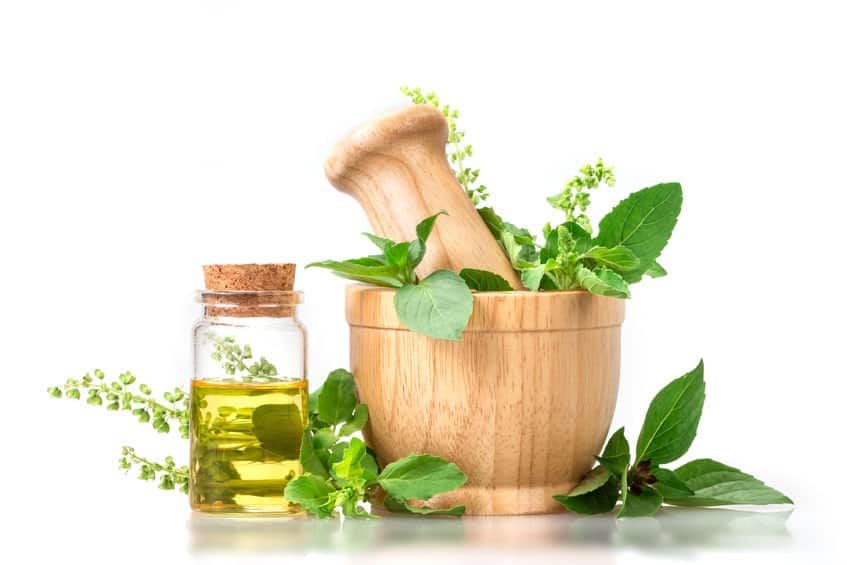
Recipe 1: Piping Hot EO Tea for Constipation Relief
Ingredients:
- 3 teaspoons raw honey
- 1 drop Ginger EO
- 1 drop Fennel EO
- Glass of hot water
Method:
Boil your water and mix in all the essential oils as indicated. Sip your essential oil and honey tea slowly but make sure it doesn’t go cold. This light drink will really help kick start your digestive system into gear.
Recipe 2: Relaxing Abdominal Massage Lotion
Ingredients:
- 3 drops Peppermint EO
- 2 drops Sweet Basil EO
- 2 drops Ginger EO
- 1 drop Black pepper EO
- 1/2 ounce warm grapeseed oil
Method:
Combine all the essential oils in a non reactive bowl and top up with the grapeseed carrier oil. Massage the lotion over your abdomen in a clockwise direction at least three times a day to get pain and discomfort relief.
Recipe 3: Gastrointestinal Digestive Stimulating EO Compress
Ingredients:
- 3 drops Cinnamon EO
- 4 drops Rosemary EO
- 2 drops Blackpepper EO
- 2 drops Peppermint EO
- 3 drops Cardamom EO
- Hot or Cold compress
Method:
Apply all the above-mentioned essential oils in a towel soaked in hot water and use it as a compress on your body to get that sluggish digestive tract back on track.
Recipe 4: Stress Busting EO Blend
Ingredients:
- 10 drops Rosemary EO
- 8 drops Geranium EO
- 6 drops Fennel EO
- 2 ounces of your choice of carrier oil
Method:
Combine all the above ingredients in a glass bottle or non-reactive bowl and mix thoroughly. Use the blend as a full body massage oil if possible. This blend will improve your circulatory system, decrease stress levels and boost your body’s natural detox process.
Recipe 5: Simple EO Infused Bath for Constipation
Ingredients:
- Carrot seed EO
- Tangerine EO
- Grapefruit EO
- Lemon EO
- Peppermint EO
Method:
An easy way of relieving constipation and aiding digestion is by taking a warm, essential oil infused bath. Add 6-8 drops each of the above essential oils to your warm bath with some Epsom salts and soak for about 30 minutes.
5 Home Remedies For Constipation
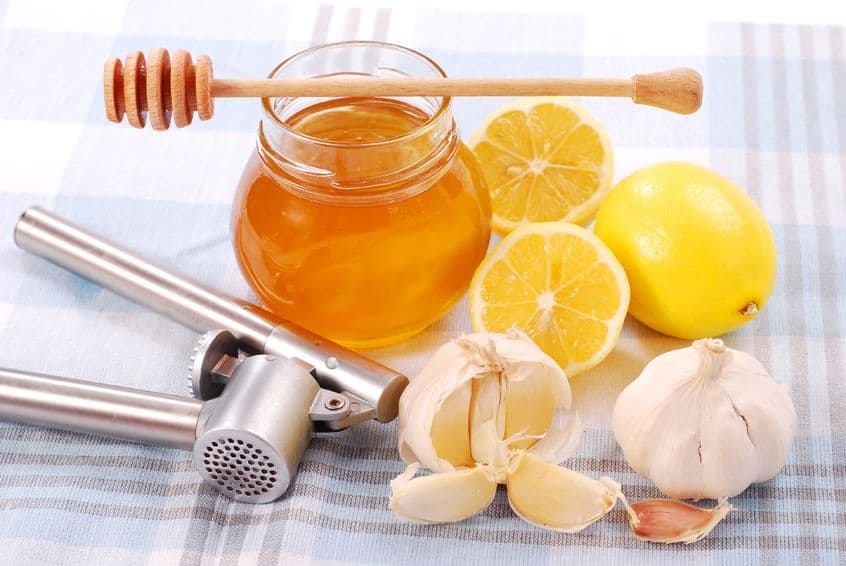
If you don’t have some life saving essential oils nearby or just don’t want to deal with all the side effects that come with medical and pharmaceutical treatments, there are plenty of home remedies that could really come in handy. Some of them include:
1. Drinking More Water
Like I said, the main cause of constipation is dehydration. Drinking more water is, therefore, the easiest and by far most obvious remedy to try before moving on to more serious measures. You could either drink about 10 cups every day or sip water constantly throughout the day until your urine becomes clear. Coupled with fiber intake, this home remedy is usually enough to treat most cases of constipation.
2. Oil Pull
While there is some doubt whether this technique works, many people swear that this ancient Ayurvedic cleansing method works wonders. So, how exactly do you do an oil pull? Well, it all starts in the morning before you take breakfast or even brush your teeth. Put a spoonful of coconut or vegetable oil in your mouth and swish it around for about 20 minutes then spit it out. Naturally, toxins and bacteria are attracted to the oil which in a sense pulls them out from your teeth and gums. This mildly detoxifying effect of the oil pull should stimulate your bowels.
3. Bounce
As any runner will attest, aerobic exercises are quite the powerful bowel stimulants. Basically running, jumping, bouncing, and aerobics exercise stimulates both your bowel movements and lymphatic system as well. So grab a rope, do some jumping jacks, hit the trampoline, pogo stick or go on a jog. Not only will a little exercise help with constipation, but it will also improve your overall health as well.
4. Caffeinated Drinks
Did you know that caffeinated drinks like coffee can actually increase the urge to go to the bathroom? That’s because caffeinated coffee stimulates your gut the same way a meal does. Likewise, coffee also contains trace amounts of soluble fiber that can help prevent constipation.
5. Probiotics
People with severe and chronic constipation tend to have an imbalance of bacteria in their guts. Probiotics help improve the balance of these bacteria and prevent chronic constipation from taking over. Examples of foods rich in probiotics include kimchi, sauerkraut, and yogurt which all contain live bacteria.
The Final Word
There you have it my digestive challenged friends; everything you ever needed to know about constipation right here for you to check out. With this knowledge, dealing with the symptoms, causes, and treatments of both acute and chronic constipation should be much easier. So give your muscles a break by helping your digestive system move things along from the inside.
Trust me; it’s safer, easier, more convenient and less painful than trying to mow through it. And remember, the goal of constipation treatment is not to achieve consistent and daily bowel movements – just passing one movement every couple of days without straining is enough to say you’ve overcome your constipation. So go ahead and try some of the above remedies and essential oils today and say goodbye to tough, impossible shits and hello to soft, smooth and regular bowel movements for good.

